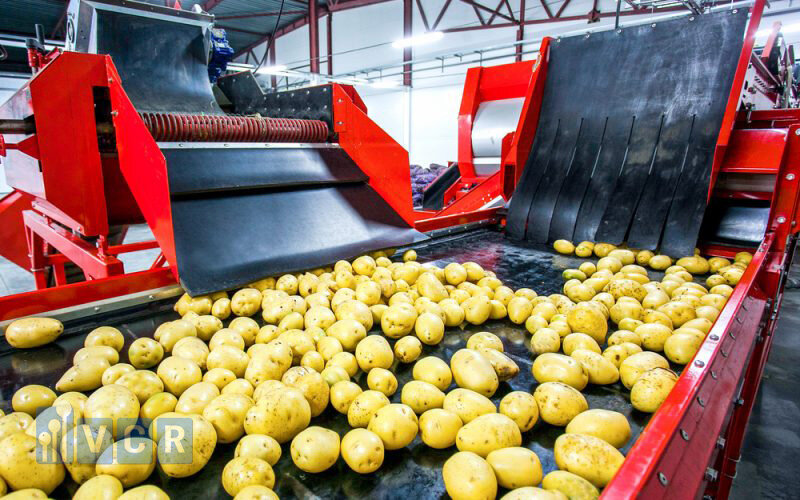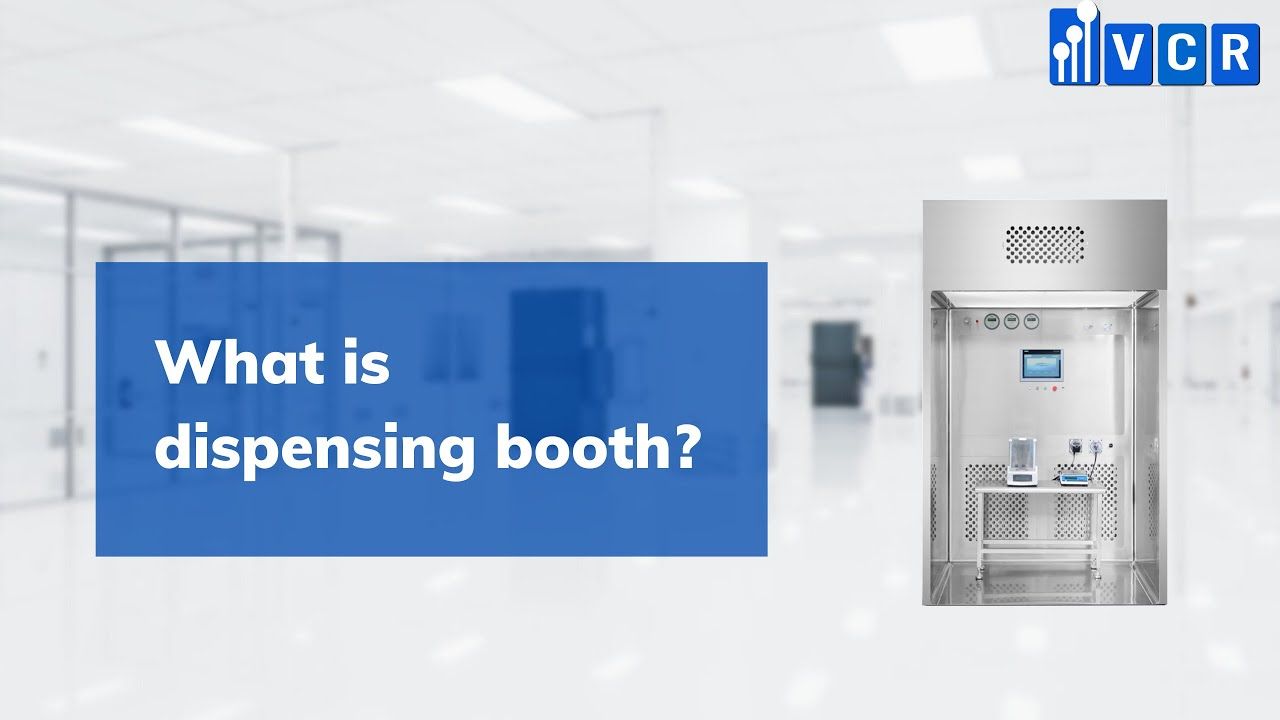What is FSMS? Building an Effective FSMS Process
FSMS is a Food Safety Management System designed to ensure that businesses have tight control over their food safety and hygiene management processes, ensuring that all food products are safe and meet quality standards.
FSMS
What is FSMS?
FSMS, or Food Safety Management System, is a system designed to manage food safety. Businesses utilize this system to ensure that their food safety and hygiene management processes are tightly controlled, and that all food products are safe and meet quality standards.
FSMS requires control over the entire production process, from input materials to the circulation of the final products.
FSMS consists of three standards that ensure the absolute safety of food for consumers:
- GMP - Good Manufacturing Practice
- HACCP - Hazard Analysis and Critical Control Point System
- QMS - Quality management system

Food Safety Management System
There are several food safety management systems that businesses can choose to pursue, such as:
- ISO 22000: This is one of the international standards for food safety management systems. ISO 22000 is developed and issued by the International Organization for Standardization (ISO).
- FSSC 22000: This is a certification program for all entities involved in food supply chains, including manufacturing and processing.
- HACCP: HACCP stands for "Hazard Analysis and Critical Control Points," a system for analyzing, identifying, and organizing controls for critical hazards in the food production and processing processes.
- BRC: BRC, or the British Retail Consortium, refers to a set of standards outlining requirements for food safety control in the supply chain. It is issued by the British Retail Consortium.

FSMS's factors
An effective FSMS (Food Safety Management System) includes these factors:
- Procedures and protocols when conducting crucial activities.
- Monitoring and storing records.
- Regular maintenance of equipment and facilities.
- Management and training of staff.
- Certification from management levels.
- Inspection and assessment of the health conditions of workers.
- Continuous control and training for quality.

The Importance of FSMS
FSMS plays a crucial role in ensuring that businesses avoid issues and potential risks related to the quality of food products and services. This, in turn, guarantees that consumers have access to the best products.
FSMS also provides general data for the entire leadership and staff, enhancing consistency and efficiency in business operations.
FSMS benefits

- Ensuring Product Quality Against Food Safety and Hygiene Issues
- Customers have access to the highest quality products, avoiding risks of contamination, diseases, etc.
- Affirming the company's adherence to food safety and hygiene standards.
- Controlling inventory, preventing expired products and losses.
- Enhancing productivity and efficiency in the work process.
- Improving understanding of the food safety management system for all employees.
Building an Effective FSMS Process
Here is a 7-step process that businesses can consider to build an effective FSMS:
Step 1: Develop an organizational strategy based on customer requirements to establish food safety policies and objectives.
Step 2: Identify the necessary resources for implementing and maintaining FSMS, including personnel, infrastructure, training, and any necessary changes to your work environment.
Step 3: Appoint a food safety team leader and a cross-functional food safety team to implement and manage FSMS.

Step 4: Develop an FSMS model based on Hazard Analysis and Critical Control Points (HACCP) principles to chart all potential food safety hazards in all production processes.
Step 5: Train key personnel to ensure their understanding of FSMS and HACCP standards.
Step 6: Communicate to all employees their roles and responsibilities in ensuring food safety.
Step 7: Integrate FSMS into the overall management activities of the organization.
PN














